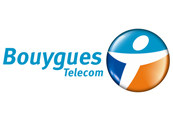 Customers of Paris-based Bouygues Telecom in some of France’s largest cities will soon have access to 400Mbps fiber to the home broadband (with an upgrade to 1Gbps later this year), as well as a television and phone package that combined will cost $35.43 a month.
Customers of Paris-based Bouygues Telecom in some of France’s largest cities will soon have access to 400Mbps fiber to the home broadband (with an upgrade to 1Gbps later this year), as well as a television and phone package that combined will cost $35.43 a month.
The company’s new fiber offer commences June 30 and comes as a result of fierce competition for the French broadband customer.
Bbox Sensation Fiber is available from both fiber to the home and fiber to the building connections throughout urban areas in France, including Paris, Lyon, Marseille, Nice, Toulouse and Bordeaux.
Fiber continues to gradually replace older copper-base wire networks in France. But unlike in North America, European telephone companies believe their future isn’t only in selling wireless. Upgrading those networks to fiber to the home service allow companies to sell bundled packages of phone, wireless, television and broadband Internet access.
Bouygues Telecom’s fiber to the home network now reaches 3.3 million French homes with more to come. Its older fiber to the neighborhood network reaches another 5 million customers.
Customers who sign up for the fiber to the home service by the end of August will get two months free
Here are the details:
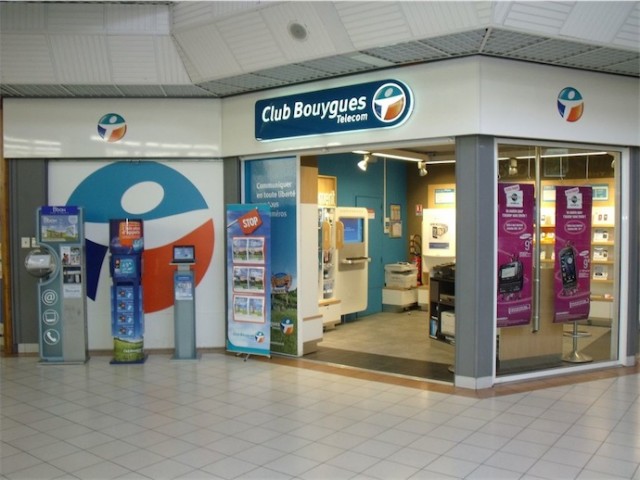 Bbox Sensation Fiber (first phase) includes:
Bbox Sensation Fiber (first phase) includes:
Internet
- 400Mbps service with upgrade to 1Gbps by the end of this year;
- 50GB cloud storage
Television
- Up to 170 TV channels, including 29 HD channels
- DVR with 300GB storage
- Bbox Video on Demand: Thousands of multilingual titles available in HD and DTS
- Bbox Games: Over 50 multiplayer video games accessible on the network at any one time
- Multi-Screen: Watch on portable devices
Telephone
- Unlimited calls to mobiles in France and the French commonwealth, U.S.A., Canada, China, Singapore and South Korea;
- Unlimited calls to fixed landlines in 120 countries.
Availability
This fiber offer available in Paris, Lyon, Villeurbanne, Marseille, Toulouse, Nice, Bordeaux, Issy les Moulineaux, Boulogne Billancourt, Courbevoie, Aubervilliers, Charenton le Pont, Saint Maurice, Alfortville, Maisons Alfort, Neuilly sur Seine, Puteaux, Chatillon Montrouge Vanves Malakoff, Levallois-Perret, Cergy Saint-Cloud, Garches, Palaiseau, Antony, Clamart, Rueil Malmaison, and Sèvres.


 Subscribe
Subscribe While regulators sort through the thicket of fine print that keeps hundreds of thousands of families from qualifying for Comcast’s $9.95 Internet Essentials affordable Internet program, a much simpler offer has emerged that doesn’t work overtime to protect Comcast’s broadband revenue from being cannibalized. In short, regulators don’t need to cut deals to expand programs like Internet Essentials in return for saddling residents with America’s “worst cable company.” There are alternatives.
While regulators sort through the thicket of fine print that keeps hundreds of thousands of families from qualifying for Comcast’s $9.95 Internet Essentials affordable Internet program, a much simpler offer has emerged that doesn’t work overtime to protect Comcast’s broadband revenue from being cannibalized. In short, regulators don’t need to cut deals to expand programs like Internet Essentials in return for saddling residents with America’s “worst cable company.” There are alternatives.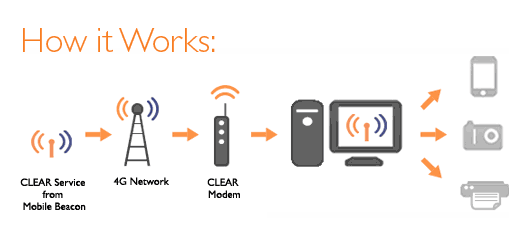
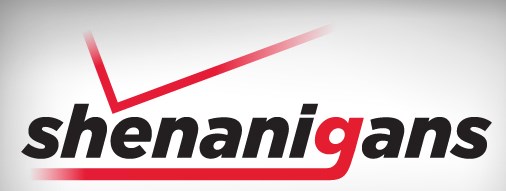 With Verizon unwilling to budge, Google has stepped in with $150 Visa gift cards for all affected customers to make up for Verizon’s stinginess and broken promises.
With Verizon unwilling to budge, Google has stepped in with $150 Visa gift cards for all affected customers to make up for Verizon’s stinginess and broken promises.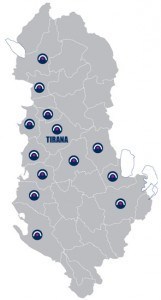
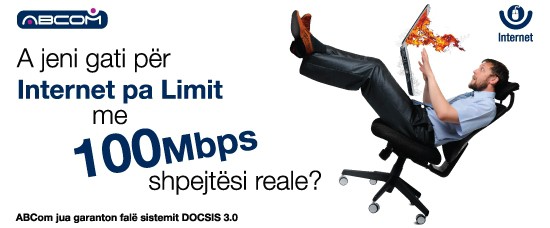
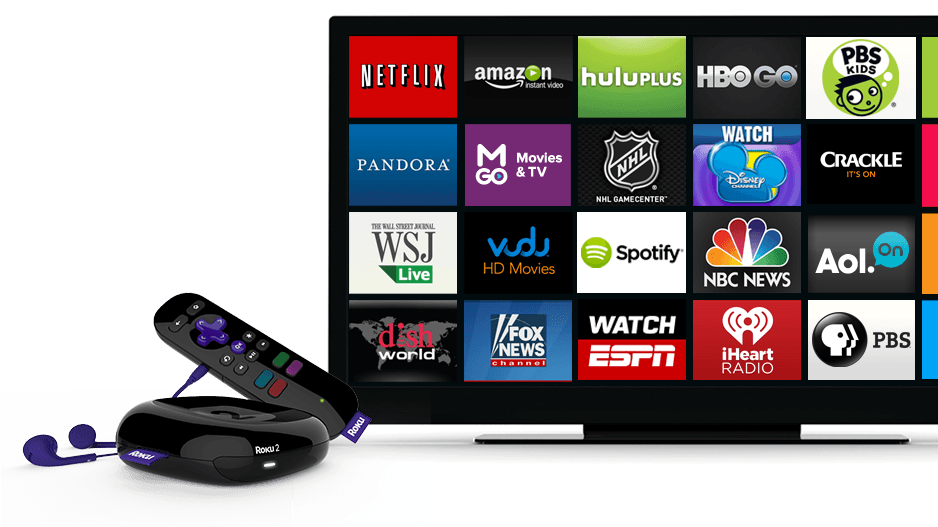
 “I think its to early to say how its going to impact the traditional world,” Williamson said in response to a question about whether Boxless Homes will replace traditional MPEG-2 services or augment them. “Currently we don’t even market it or tell anyone about it. The IP video stuff has rolled out word of month. These are the early adopters who are understanding that there’s a TWC app that goes on the Roku box. They decide to go down to their kid’s room or somewhere else and make that their secondary outlet. That’s how it’s evolving now. I think as it gets more and more prevalent and we get on more and more devices, which is going to take time, then its going to be more interesting. Our app on Samsung TV is much closer to our same look and feel as on our se-sop box. Unfortunately these are the real high-end Samsung TVs with the smart hub technology and things like that. There’s not enough of them to understand what the impact is on our footprint.”
“I think its to early to say how its going to impact the traditional world,” Williamson said in response to a question about whether Boxless Homes will replace traditional MPEG-2 services or augment them. “Currently we don’t even market it or tell anyone about it. The IP video stuff has rolled out word of month. These are the early adopters who are understanding that there’s a TWC app that goes on the Roku box. They decide to go down to their kid’s room or somewhere else and make that their secondary outlet. That’s how it’s evolving now. I think as it gets more and more prevalent and we get on more and more devices, which is going to take time, then its going to be more interesting. Our app on Samsung TV is much closer to our same look and feel as on our se-sop box. Unfortunately these are the real high-end Samsung TVs with the smart hub technology and things like that. There’s not enough of them to understand what the impact is on our footprint.”